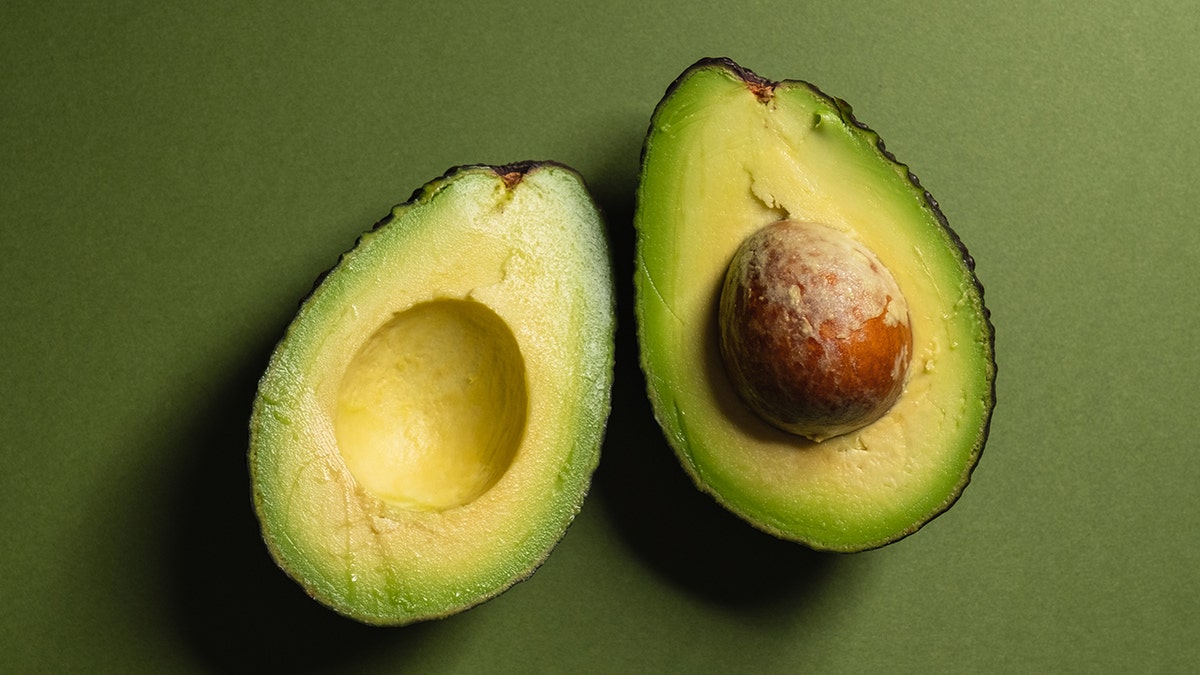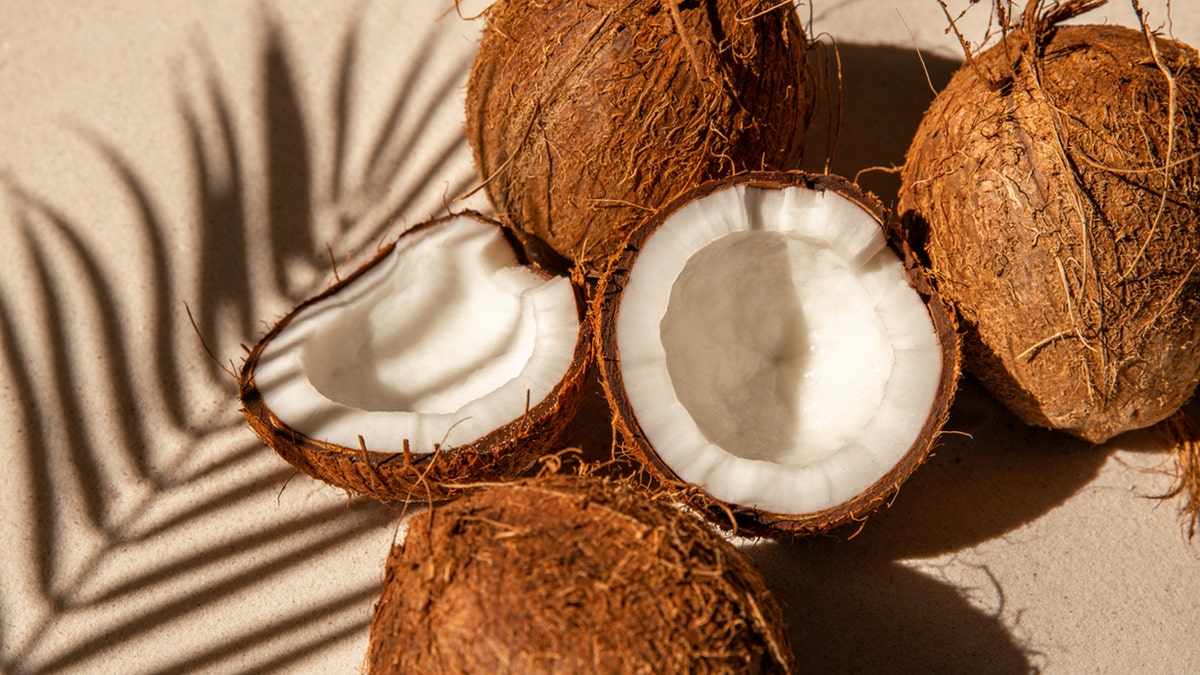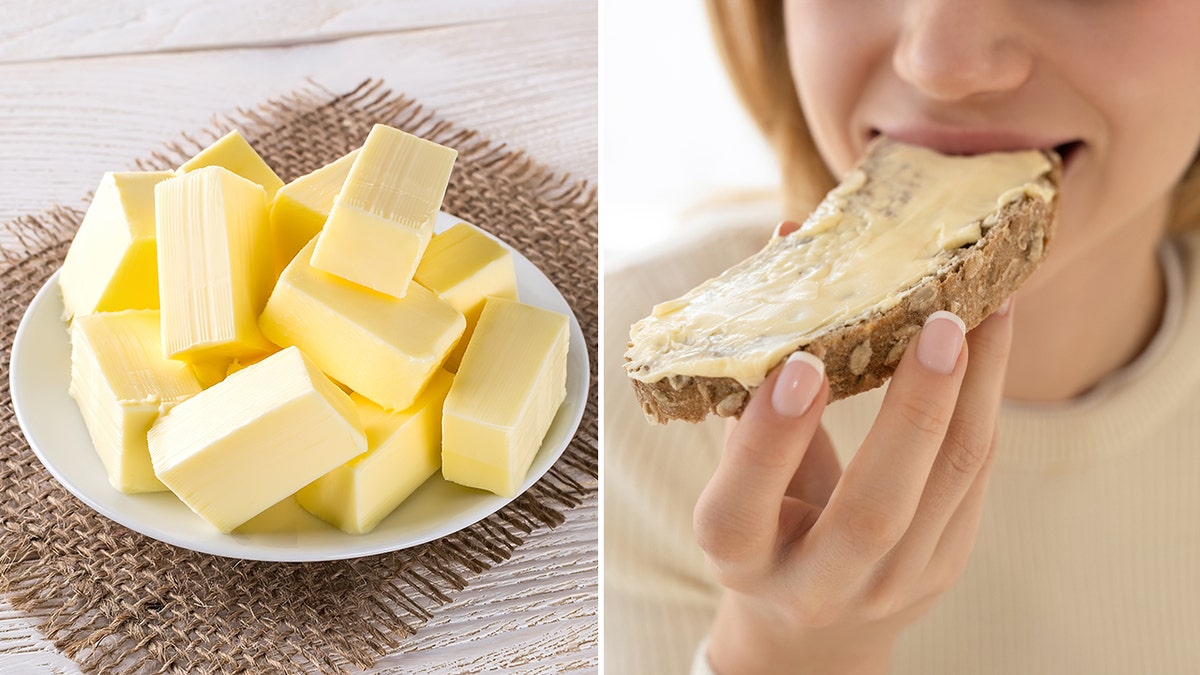The age-old debate between butter and margarine continues to stir conversations at the dinner table. While many believe margarine is the healthier option due to its lower saturated fat content, the reality is more nuanced. Registered dietitian Jillian Kubala emphasizes that fats are complex, and their impact on health depends on various factors, including composition and source.
Chef Andrew Gruel points out that margarine is essentially hydrogenated vegetable oil, which lacks flavor and can be bitter. Butter, a dairy product, offers a richer, creamier taste.

A tablespoon of butter contains approximately 102 calories, 11.5g of total fat, and 7.3g of saturated fat. Margarine, on the other hand, has around 84.8 calories, 9.56g of total fat, and 2.34g of saturated fat per tablespoon.

Although margarine appears to have lower fat content, Kubala cautions against assuming it's automatically healthier. Many margarines are made with oils high in omega-6 fats, which can be inflammatory when consumed in excess compared to omega-3s.

Plant-based butter alternatives have gained popularity, but Kubala notes that most are highly processed and rely on omega-6-rich oils. She recommends minimally processed alternatives like mashed avocado or high-quality olive oil.


A 2022 study highlighted the benefits of olive oil, suggesting that replacing other fats with olive oil can lower the risk of various diseases and increase lifespan.

Ultimately, Kubala advises focusing on overall dietary quality. If you enjoy butter, consume it in moderation. Small amounts of butter may be a better choice than highly processed alternatives. It’s important to consider the overall balance of your diet and prioritize whole, unprocessed foods whenever possible.


Chef Gruel echoes this sentiment, stating his preference for butter and avoiding margarine altogether.
Comments(0)
Top Comments